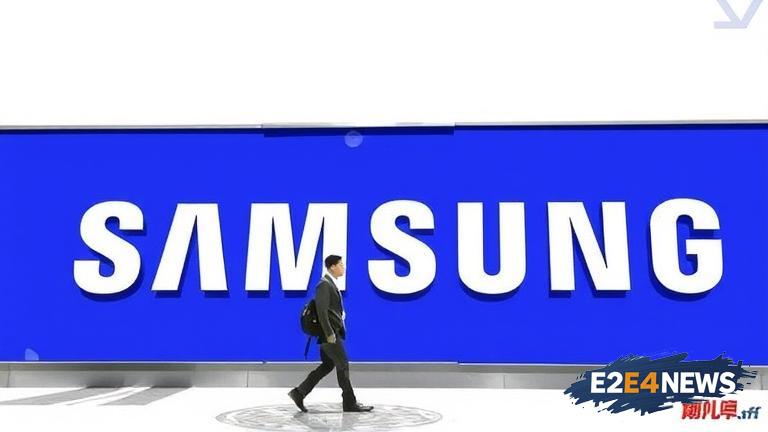Samsung, the South Korean tech giant, has reported a significant decline in its second-quarter profit, with a whopping 50% drop in earnings. The company’s operating profit for the quarter stood at 7.78 trillion won ($6.5 billion), missing analyst expectations. The disappointing earnings are attributed to weak sales of chips and smartphones, which are the company’s core businesses. The global chip market has been experiencing a downturn, with prices plummeting due to oversupply and weak demand. Additionally, the smartphone market has become increasingly saturated, with consumers holding onto their devices for longer periods. Samsung’s mobile business, which accounts for a significant portion of its revenue, saw a decline in sales due to intense competition from Chinese rivals such as Huawei and Xiaomi. The company’s chip business, which provides components to other tech companies, also suffered due to reduced demand from major clients. The weak earnings have raised concerns about the company’s ability to maintain its market share and competitiveness in the tech industry. Samsung’s stock price has taken a hit, with investors expressing disappointment over the company’s failure to meet expectations. The company’s management has attributed the poor performance to external factors, including the US-China trade war and the COVID-19 pandemic. However, analysts believe that Samsung’s internal issues, such as its inability to innovate and keep up with changing consumer trends, are also to blame. The company has announced plans to invest heavily in research and development, with a focus on emerging technologies such as 5G, artificial intelligence, and the Internet of Things (IoT). Samsung is also looking to diversify its revenue streams, with a focus on new businesses such as automotive electronics and healthcare technology. Despite the disappointing earnings, Samsung remains one of the world’s largest and most successful tech companies, with a diverse range of products and services. The company’s commitment to innovation and investment in emerging technologies is expected to pay off in the long term, with analysts predicting a recovery in earnings in the coming quarters. However, the road to recovery will not be easy, with Samsung facing intense competition from rivals and external challenges such as trade tensions and global economic uncertainty. The company’s ability to adapt to changing market trends and consumer preferences will be crucial in determining its future success. Samsung’s poor earnings have also raised concerns about the broader tech industry, with many companies facing similar challenges. The global tech industry is experiencing a slowdown, with many companies reporting weak earnings and reduced revenue. The COVID-19 pandemic has accelerated the shift to online services, with many companies investing heavily in digital transformation. However, the pandemic has also disrupted global supply chains, with many companies facing component shortages and manufacturing delays. The US-China trade war has also had a significant impact on the tech industry, with many companies facing tariffs and trade restrictions. Despite these challenges, the tech industry remains one of the most dynamic and innovative sectors, with many companies investing heavily in emerging technologies. The future of the tech industry looks promising, with many companies expected to recover from the current downturn and emerge stronger and more resilient. Samsung’s disappointing earnings are a wake-up call for the company, with a need to refocus on innovation and competitiveness. The company’s commitment to research and development, combined with its diverse range of products and services, is expected to drive growth and recovery in the coming quarters.
